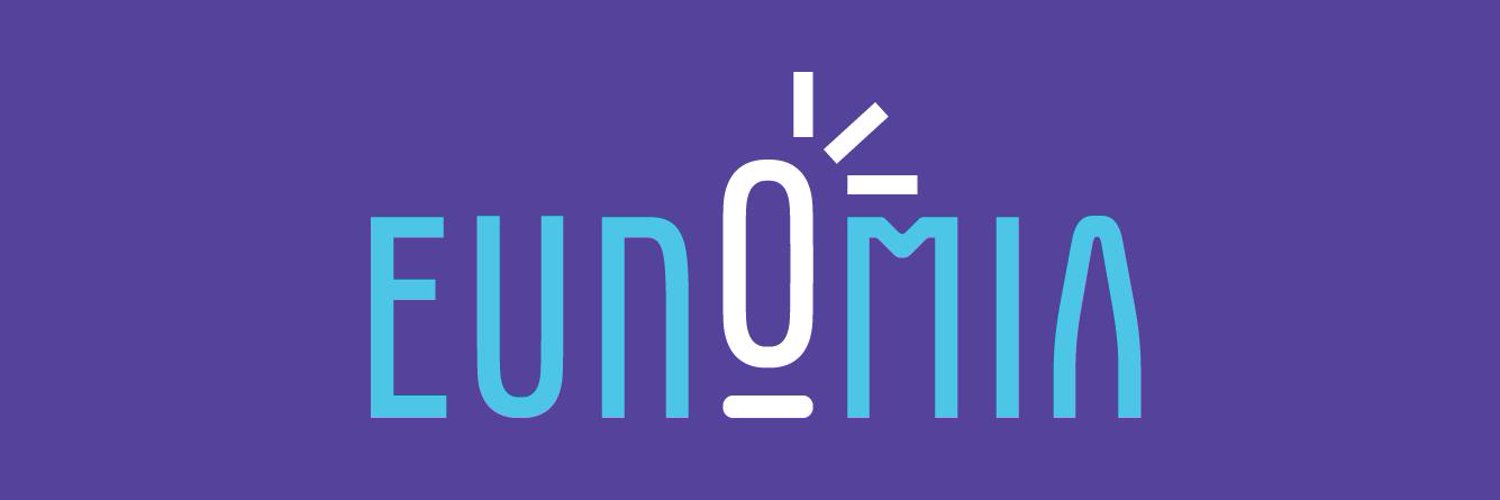Decentralized social media
What is Decentralized Social Media?
Decentralized social media represents a paradigm shift in how online social medial platforms operate, moving away from centralized control towards a model where power and data governance are distributed among its users. Unlike traditional social media platforms that are owned and controlled by single entities, decentralized social media relies on a network of independently operated servers or “instances” that communicate with each other. This framework ensures that no single entity has control over the entire network, thereby enhancing privacy, preventing censorship, and promoting freedom of expression. By leveraging technologies such as blockchain, decentralized social media platforms offer transparent, secure, and user-governed environments where individuals have ownership and control over their data.
What are the Differences Between Traditional Social Media and Decentralized Social Media?
The key differences between traditional social media and decentralized social media lie in their foundational architecture, data control mechanisms, and user engagement models. Traditional social media platforms are characterized by centralized data management, where the entity that owns the platform has ultimate control over the content, user interactions, and data monetization practices. These platforms are prone to censorship, privacy breaches, and unilateral changes in terms and conditions.
In contrast, decentalized social media platforms operate on a decentralized network, utilizing blockchain technology to ensure data integrity, security, and user sovereignty. Such social media platforms feature:
- Immutable Record-Keeping: Ensuring that once data is recorded into the ledger, it cannot be altered or deleted.
- User Empowerment: Users have control over their data and the content they share, with mechanisms in place for data portability and privacy.
- Transparency and Trust: Blockchain’s transparent nature allows for verifiable authenticity of content and user actions, fostering a trustful environment.
- Reduced Censorship: The decentralized nature of blockchain makes it more difficult for any single entity to censor content or enforce restrictions over the platform’s users.
Research Mission
Focusing on How Decentralized Social Media Can Help Fight Misinformation and Encourage Citizen Participation
Project EUNOMIA, leverages on the potential of decentralized technologies to combat misinformation and foster citizen engagement. By enabling a user-centric approach to content verification, EUNOMIA empowers individuals to participate actively in discerning the trustworthiness of information. This research project aims to explore and create a platform that combines blockchain and machine learning terchnique (specifically for content and context analysis) with human intelligence to:
- Track Information Provenance: Determine the original source of content and its evolution over time.
- Enable User-Driven Verification: Encourage community participation in validating content accuracy, leveraging the collective intelligence of the platform’s users.
- Implement Transparent Trustworthiness Scoring: Use blockchain to record and visualize the trustworthiness scores of content, as determined by user votes and interactions.
In general, this project aims not only to mitigate the spread of false information but also to promote a more informed and engaged digital citizenry, capable of critical judging online content. EUNOMIA addresses a key gap in the landscape of the social media information verification market.
Contributions
Our research contributions to project EUNOMIA include:
- Blockchain Infrastructure Development: the design and implementation of the blockchain infrastructure that forms the core of EUNOMIA’s decentralized, secure environment. This infrastructure supports transparency, data integrity, and facilitates the trustworthiness scoring mechanism.
- Content and Context Analysis: the development of techniques that enhance the capability to analyze social media content and context, enabling sophisticated sentiment and subjectivity analysis with the use of machine learning models. This work supports the project’s goals of empowering users with the capability to assess information credibility effectively.
- Enhancing User Participation and Security: the orchestration and integration of all technical components that support the EUNOMIA platform.
Publications
From Loukas to Matei, 4 members of the EUNOMIA project explain how we can fight misinformation
Klitos Christodoulou: the next evolution of social media platforms will be governed by people
Christodoulou, P. and Christodoulou, K., 2020, November. Developing more reliable news sources by utilizing the blockchain technology to combat fake news. In 2020 second international conference on Blockchain computing and applications (BCCA) (pp. 135-139). IEEE.


